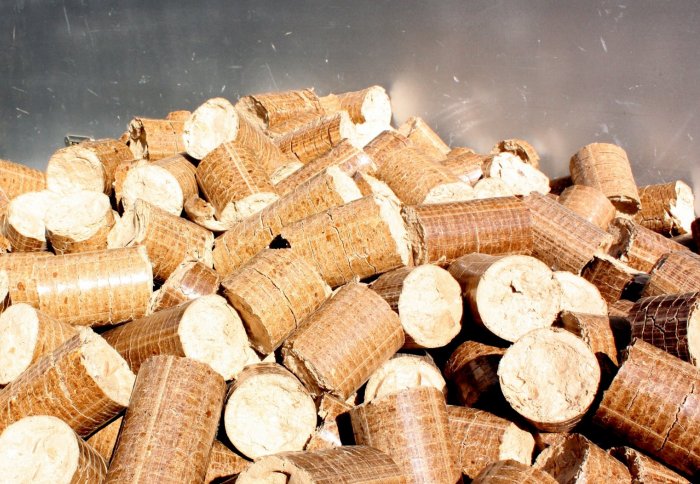

Researchers at Imperial College London are part of a new academic and industry collaboration studying biomass in a UK context.
Imperial College London’s new Clean Fossil and Bioenergy Research Group has joined the Energy Technologies Institute’s (ETI) Techno-Economic Assessment of Biomass Pre-processing project. The project is a collaboration of industrial and academic partners led by E4Tech, commissioned and funded by the ETI.
Biomass, or bioenergy, involves creating fuel from organic sources, such as crops and waste. It is seen by many as one of the best ways the UK can move to a low, or zero, carbon energy sector. Biomass is not new, we’ve been burning wood for millennia, but we need to be more strategic and efficient if we want to support an ever increasing population and meet our 2050 greenhouse gas emissions targets.
“I believe that bioenergy is a key facet of how we will address the challenge of our energy system transition,” says Dr Niall Mac Dowell, who is working on the project “Bioenergy can help displace fossil fuels in key areas like transport, and when combined with CO2 capture and sequestration provides a relatively low-cost route to removing CO2 from the atmosphere, addressing other hard-to-reach areas and - potentially - ultimately reducing the concentration of CO2 in the atmosphere.”
Over the next 11 months the project’s five partners will review the economic and performance benefits, and associated trade-offs, of pre-processing bioenergy fuels. The team will look at preparations such as drying, blending, chipping and pelleting, alongside many others, on various fuel sources. The work will be combined with outputs from another ETI project – which is quantifying the physical and chemical properties of UK-grown biomass. . This should give policy makers and investors the information they need to determine the viability of bioenergy in the UK from a societal and economic point of view.
“I think we have a great range of partners from both academia and industry,” says Dr Mac Dowell “it is important that academic rigour and commercial nous is brought to bear on societal issues like this.”
The full list of partners is Imperial College London, E4Tech, CMCL Innovations, PSE, and Black and Veatch. The academic staff involved from Imperial College are Dr Niall Mac Dowell from the Centre for Process Systems Engineering and the Centre for Environment Policy, Professor Nilay Shah from the Centre for Process Systems Engineering and Dr Paul Fennell from the Department of Chemical Engineering. The final results of the project will be provided to the ETI as a final report early in 2016.
Article text (excluding photos or graphics) available under an Attribution-NonCommercial-ShareAlike Creative Commons license.
Photos and graphics subject to third party copyright used with permission or © Imperial College London.
Reporter
Neasan O'Neill
Faculty of Engineering

Contact details
Email: press.office@imperial.ac.uk
Show all stories by this author



